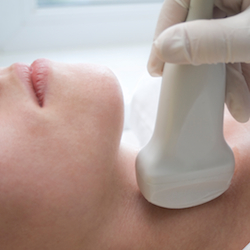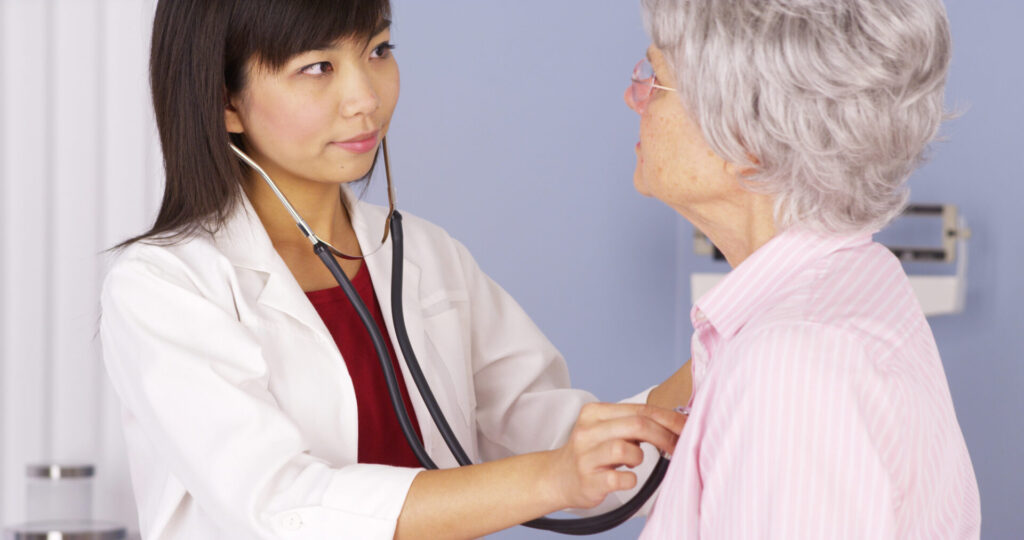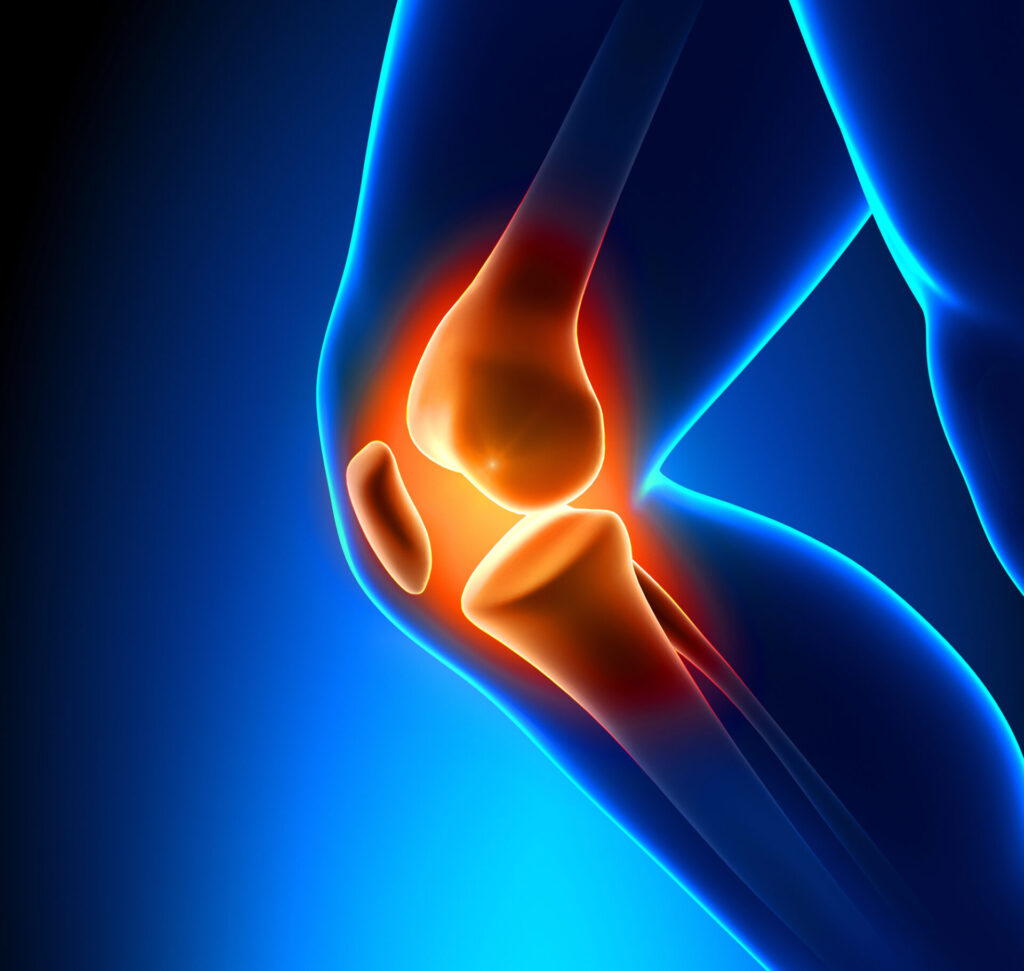Diagnosing and treating thyroid conditions in women is extremely important, concluded a group of practitioners in a recent round-table discussion, “Thyroid Immune Testing – Guidelines, Testing Platforms, and Clinical Impact on Women’s Health,” and published in the Journal of Women’s Health.
The goal of the Expert Panel Discussion was to collect information from experts in the field so that clinicians could better identify the early signs and symptoms of autoimmune thyroid disease and to understand the role that thyroid-stimulating hormone (TSH) receptor antibodies, such as thyroid-stimulating immunoglobulins (TSI) and thyroid-blocking immunoglobulins (TBI), play in the disease states of Graves’ disease and autoimmune thyroid disease (AITD or Hashimoto’s thyroiditis), respectively.
Helena Rodbard, MD, a practicing endocrinologist, Past-President of the American College of Endocrinology, and Past President of the American Association of Clinical Endocrinologists served as moderator of the Roundtable.
The American Thyroid Association (ATA) has recently recommended thyroid antibody
testing. Let’s discuss what happens when a patient presents with signs and symptoms suggestive of either hypo-or hyperthyroidism,” ~ Dr. Helena Rodbard
Dr. Rodbard emphasized that understanding the early signs and symptoms of hypo- and hyperthyroidism are so important for practitioners treating women, because the prevalence of these diseases is so much higher in women. Often, the early symptoms may be overlapping.
She also opens the discussion with topics such as treating women who are pregnant and have Graves’ disease, the role of thyroid dysfunction and fertility, when to encourage physicians to look for clustering of other autoimmune diseases such as type 1 diabetes or rheumatoid arthritis, and how thyroid function test measurement is affected by women who use biotin.





